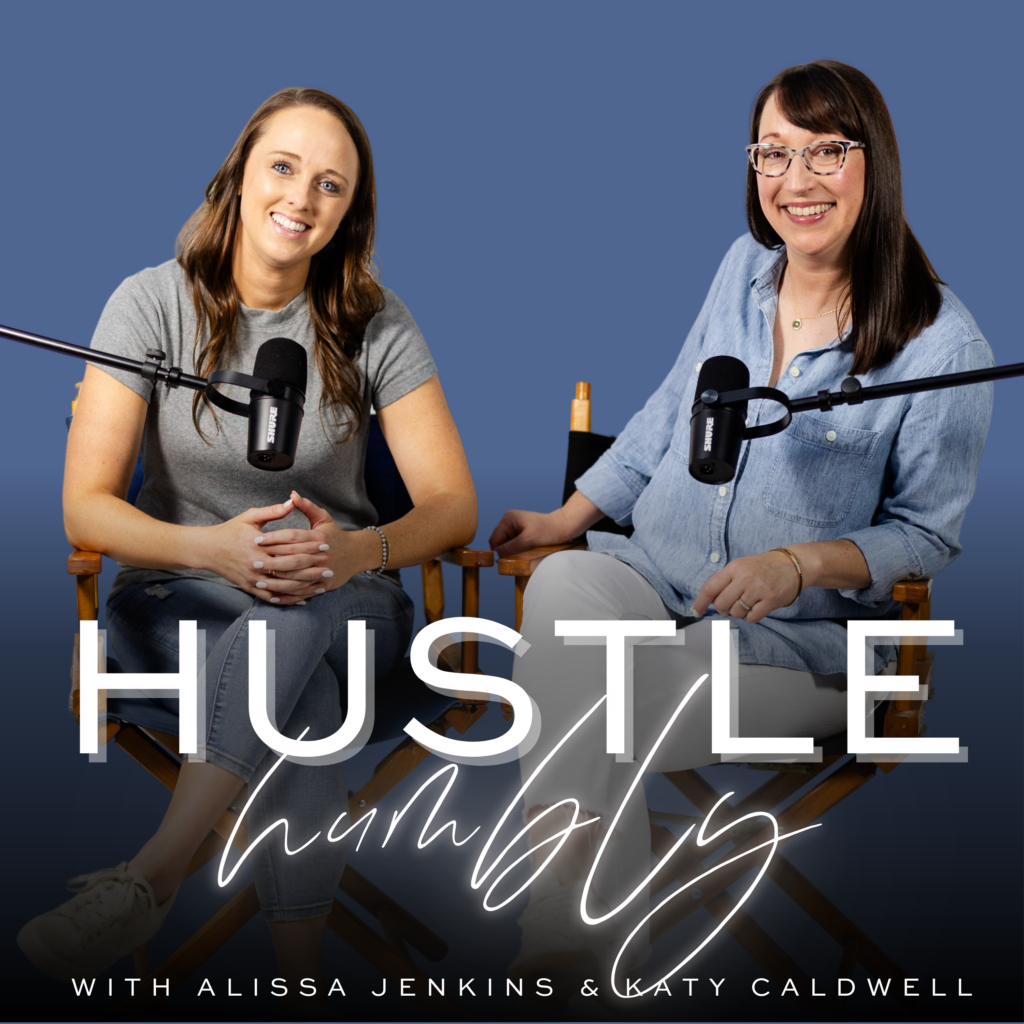Key Real Estate Trends from the 2024 NAR Report
Introduction
The Key Real Estate Trends from the 2024 NAR Report provides valuable insights into real estate market trends, buyer and seller behaviors, and the challenges facing agents. This episode of Hustle Humbly breaks down the key takeaways from the report, including changes in homebuyer demographics, seller motivations, and agent performance trends.
Homebuyer Trends
First-Time Buyers Decline
The share of first-time homebuyers fell to 24%, the lowest since NAR began tracking in 1981. High home prices, rising interest rates, and economic uncertainty make homeownership less attainable.
- Median age of first-time buyers: 38 years old, an all-time high
- Median age of repeat buyers: 61 years old
- 92% of buyers are satisfied with the buying process
Shift in Buyer Preferences
Buyers are purchasing newer homes and moving shorter distances than in previous years.
- 85% of buyers purchased a previously owned home
- Median home size: 1,900 sq. ft., with three bedrooms and two bathrooms
- Median distance moved: 20 miles (down from 50 miles in 2022)
Technology continues to play a major role in home searches:
- 100% of buyers used the internet to search for homes
- 69% used mobile devices or tablets
- 41% found listing photos to be the most useful website feature
Seller Insights
Seller Demographics and Motivations
Sellers in 2024 are older than ever, with the median age reaching 63 years old. The most common reasons for selling include:
- Desire to be closer to family and friends (23%)
- Home was too small (12%) or too large (11%)
- Neighborhood desirability changed (10%)
Home Sale Prices and Market Performance
- 90% of sellers worked with a real estate agent, the highest percentage recorded
- Homes sold for a median 100% of the final listing price
- The median time on market increased to three weeks, one week longer than in 2023
FSBO at an All-Time Low
For sale by owner (FSBO) sales accounted for only 6% of transactions, a record low. These homes sold for 13% less than agent-assisted sales, proving that professional representation adds value.
Real Estate Agent Trends
Agent Income and Experience
- Median experience of Realtors: 10 years
- Median gross income: $55,800, down from previous years
- Median transactions per agent: 10 per year
- New agents (0-2 years) earned less than $10,000, while those with 16+ years averaged $150,000+
Real Estate as a Career
- Only 59% of agents work in real estate full-time
- 41% of agents have other sources of income
- 85% of agents own their primary residence, and 39% own an investment property
Business Sources and Client Retention
- 40% of buyers found their agent through referrals from friends or family
- 77% of buyers interviewed only one agent
- 90% of buyers and sellers were satisfied with their agent, but only 21% of repeat buyers used their previous agent
Key Takeaways
- Buyers are older, moving shorter distances, and paying higher down payments
- Sellers are staying in their homes longer, and FSBO sales are at an all-time low
- Agents must focus on maintaining relationships, as repeat business remains low
- Real estate income varies significantly, with new agents earning far less than seasoned professionals
Understanding these key real estate trends from the 2024 NAR Report helps agents refine their strategies and adapt to market changes.
Leave us a review at RateThisPodcast.com/HustleHumbly
Get your FREE Database Template
Email Templates 101
Agent Systems 101
All Resources
Submit your topic ideas and toasts to Hello@HustleHumblyPodcast.com.
—————–
Rate, Review, & Follow on Apple Podcasts
“I love Katy and Alissa and The Hustle Humbly Podcast.” <– If that sounds like you, please consider rating and reviewing our show! This helps us support more people — just like you — move toward the life and business that they desire. Click here,
scroll to the bottom, tap to rate with five stars, and select “Write a Review.” Then be sure to let us know what you loved most about the episode!
Also, if you haven’t done so already, follow the podcast. We’re adding a bunch of bonus episodes to the feed and, if you’re not following, there’s a good chance you’ll miss out. Follow now!
